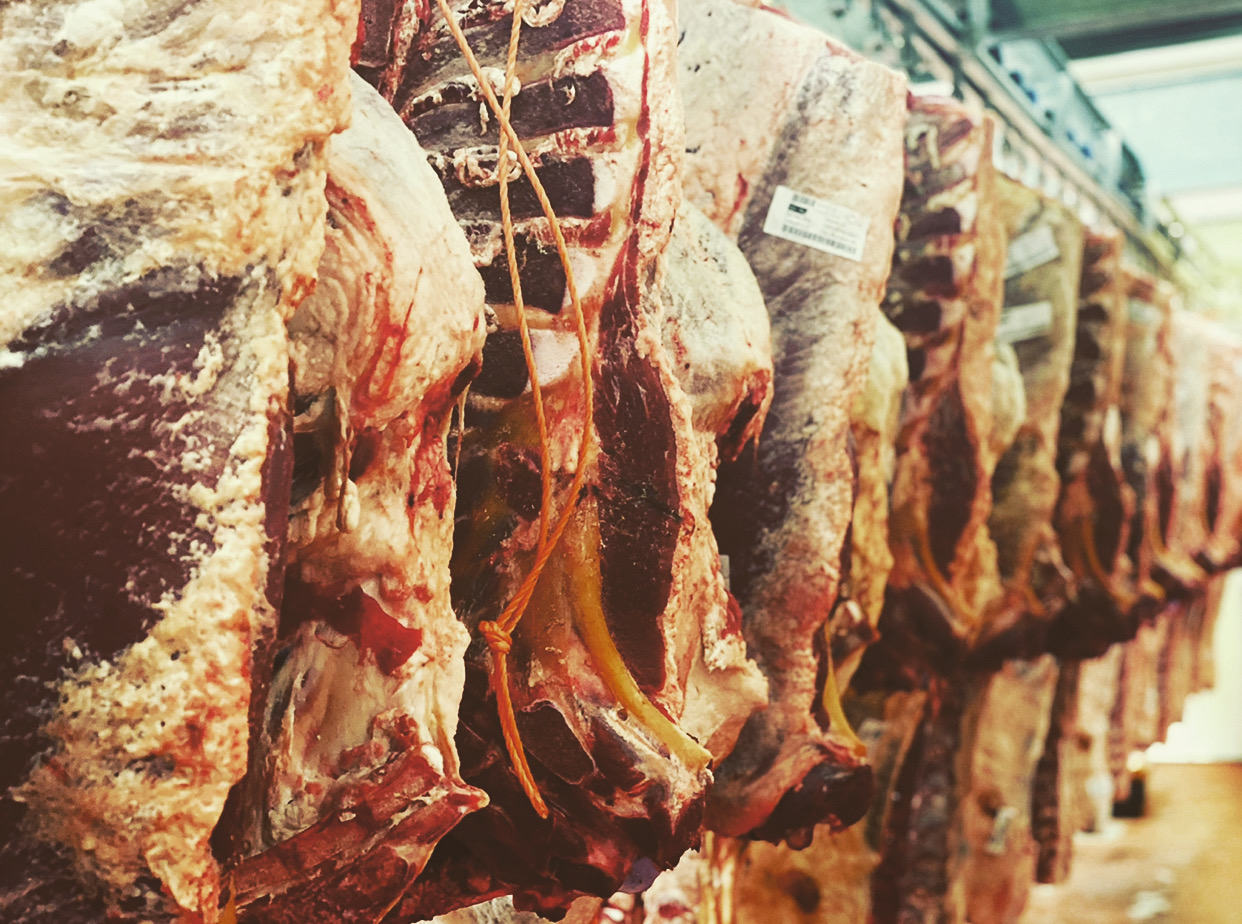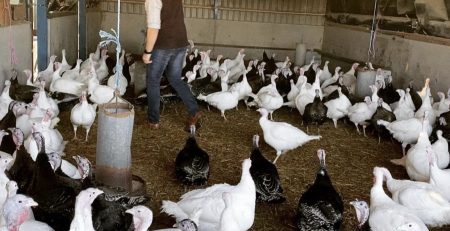Why Locally Sourced
Eating locally first means choosing food that is grown and harvested close to where you live, and then distributed over shorter distances than is usually the case.
At present there is no officially agreed-upon distance for what constitutes eating locally. This leaves consumers to decide what ‘local’ food means to them. For some people, local is considered anything produced within a 150-mile radius. For others it means anything harvested within the same county.
Being able to eat locally depends on the production ability of your area. People living in regions with high agricultural productivity often have a wide choice of local food to choose from. Those of us in colder, more sparse areas are likely to find their options more limited.
Making the choice to eat local produce may not always be the most convenient, but here are six reasons why eating local is worth it in the long run:
1. THE QUALITY OF FOOD IS HIGHER
It’s no secret that locally-grown food tastes better. Once separated from its source, a higher rate of respiration occurs in the product, resulting in moisture loss, nutrient degradation, and potential microbial spoilage.
Most of the local produce you’ll find at farmers’ markets has been picked within 24 hours. In addition to the advantage in freshness, growers who cater to local customers aren’t constrained by harvesting, packing, transport, and shelf life quality issues. Instead, they have the freedom to select, grow, and harvest their produce. Thus they can ensure the highest qualities of freshness, nutrition, and taste.
You can’t beat the zest and crunch of freshly picked produce. This food is bred for taste and not coated with chemicals to withstand the long commute.
2. IT’S MORE NUTRITIOUS
Eating local is not only tastier, it’s also healthier! Supermarket produce is grown and processed with its shelf life in mind, and not necessarily its nutritional benefits. These products have been transported over long distances and will often have been sitting in distribution centres before arriving at the store and eventually making it onto the shelves.
Eating locally-produced food that has been able allowed to ripen fully. Not only does this give us food rich in colour and flavour, it means that our body gets the highest nutritional value possible.
3. EATING LOCALLY MEANS YOU’LL BE EATING IN SEASON
Farmers can only grow what the season will support. Before transporting goods over long distances became commonplace we had no option but to eat seasonally. As a result, we based our meal choices on the ingredients we had available.
Luckily, the natural cycle of produce is perfectly designed to support our health. And building a lifestyle around seasonal food supports the body’s natural healing processes.
Leafy greens, abundant in spring, help our bodies alkalize and detox after a winter of heavier foods. While in summer, water-dense fruits like berries and watermelon and cucumber keep us hydrated. You see… Nature, relatively left to its own devices, will provide us with what our body needs.
4. IT IS AN INVESTMENT IN YOUR COMMUNITY
Every time you buy produce from someone other than a local producer your money leaves the local economy. By shopping locally you keep money in your area, which helps to sustain local producers and create local jobs.
By supporting your local farmer today, you’ll help ensure that there will be farms in your community tomorrow. This is vital for our long-term food security, especially with an uncertain energy future and our current reliance on fossil fuels to produce, package, transport and store food.
5. IT CARES FOR THE ENVIRONMENT
Rich Pirog of the Leopold Center for Sustainable Agriculture reports that the average fresh food item travels 1,500 miles to arrive on our dinner table. That’s a pretty large carbon footprint to leave for a little bulb of garlic.
Choosing to buy your food from local sources eliminates the need for fuel-intensive transportation. Where possible, select farmers who follow organic and sustainable farming practices to minimise the environmental impact of your food.
6. IT IS MORE LIKELY TO BE ORGANIC
When food is closer to the consumer, they have more direct influence on the food that is produced. Take farmers markets. Farmers that sell produce at local markets are likely to sell organic because they want to guarantee high standards to the customers they interact with, while the customers are likely to quiz them on their standards. This relationship is lacking in supermarkets. Organic means working with nature, not against it. It means higher levels of animal welfare, lower levels of pesticides, no manufactured herbicides or artificial fertilisers and more environmentally sustainable land management – this means more wildlife! However, small, local farms are not always able afford to become certified organic, despite using organic methods. Therefore it is always good to ask the producer next time you pass a farmers market. And don’t forget to sample their produce and see how it tastes.
All our meat is sourced from our family wholesale Business Bowland Food’s Ltd, who also farm within the Ribble Valley, which also allow’s Tom to hand select only the finest quality fresh meat needed to fulfil his order’s & stock up his counters.



